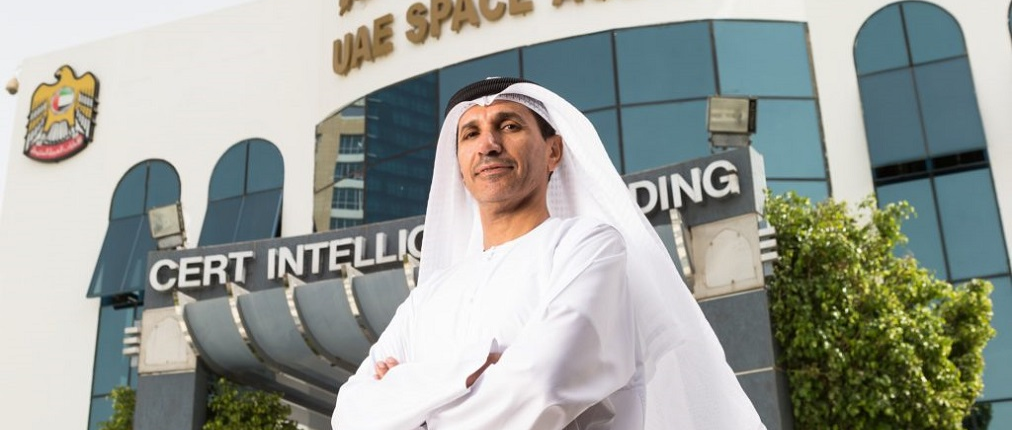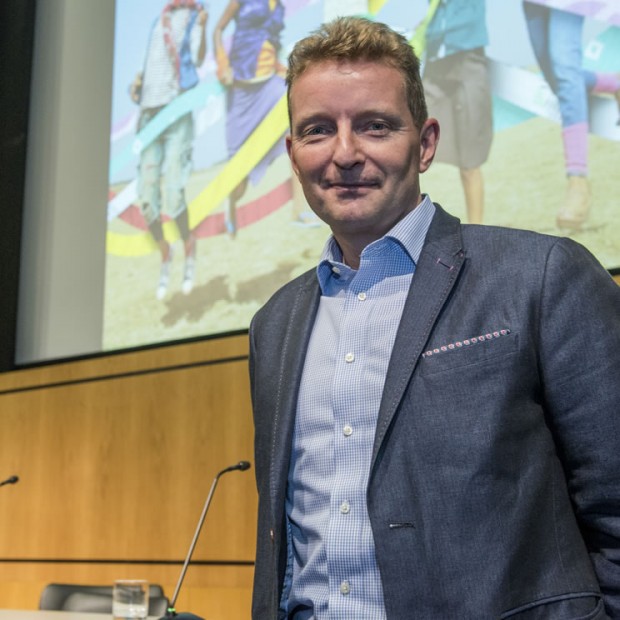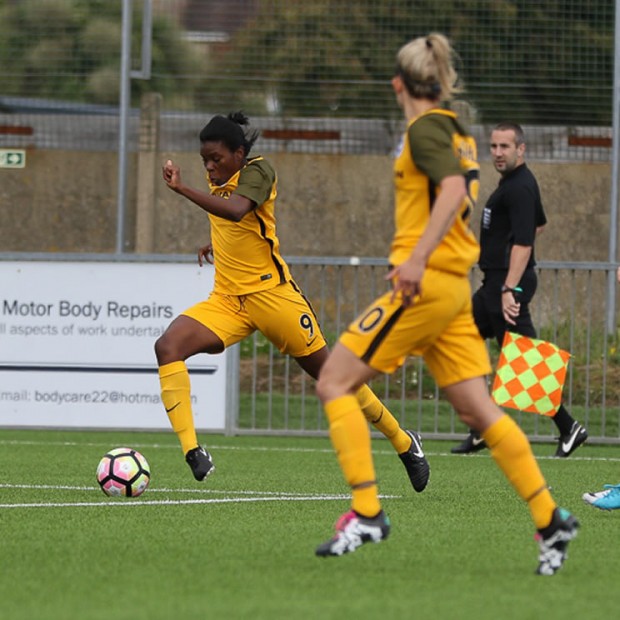Hartley News Online Your alumni and supporter magazine
Alumnus Dr Mohammed Al Ahbabi (MSc Optical Fibre Communications, 2001; PhD Optical Technology, 2005) is reaching stellar heights as Director General of the United Arab Emirates Space Agency. In February, the team made history as their Hope probe became the first from the Arab world to enter the orbit of Mars.
The UAE becomes only the fifth country to achieve such a feat, and the probe marks the first ever sent from Earth to provide a complete picture of the Martian atmosphere. These accomplishments have all been under the watchful eye of Dr Al Ahbabi, who has sat as Director General of the United Arab Emirates Space Agency from its inception in 2014.
Since 20 July 2020 – the 51st anniversary of the first manned lunar landing by the US space agency NASA – Dr Al Ahbabi has followed the progress of Hope from its launch on Tanegashima island in Japan. He now hopes the probe will create a leap in the interests of all Arabs to become more involved in science, and perhaps motivate them to go into the space sector.
“The UAE project to explore Mars has gone through great challenges over the past seven years, and the last of these challenges were the coronavirus pandemic, the conditions for transporting the probe to Japan, and then the launch of the probe to Mars – which were not easy circumstances,” said Dr Al Ahbabi. “However, we were able to overcome all these challenges and to achieve the impossible.”
The Hope probe is a fully autonomous spacecraft, carrying three instruments to measure Mars’s atmosphere. The orbiter will help answer key questions about the global Martian atmosphere, and the loss of hydrogen and oxygen gases into space over the span of one Martian year. The probe will also reveal the mechanisms behind the upward transport of energy and particles, and the subsequent escape of atmospheric particles from the gravity of the Red Planet.

Since graduating from Southampton, Dr Al Ahbabi has worked in different fields, and describes his current role as “a position that I cherish and value deeply”. He continues: “I work with a skilled team in shaping and growing the national space sector; since we began, we’ve already accomplished so much.”
Amongst many notable highlights in his career to date, Dr Al Ahbabi says that he would definitely include building a dream team of committed professionals and working together to establish a world-class space agency in the UAE.
“Over the course of my career, I have been grateful for the recognition I receive as a significant space figure on the international stage. I’ve participated in the formation of many research and development space centres in the UAE – most recently, the UAE launched the Arab Space Cooperation Group, of which I was first chair. I have also been nominated to sit on several boards, and serve as Vice President of the International Astronautical Federation.”
Recalling his time at Southampton, Dr Al Ahbabi cites the University as a place with “an amazing culture and strong sense of community” where he says he was able to connect with talented people from different academic areas and diverse backgrounds.
It was also there that I learned to become a successful scientific researcher, and received opportunities to get my work published in some highly respected scientific journals. Of course, the people I met during my university days had a lasting impact on my life and study experience. I made many friends, and am still connected with most of them today.
Professor Sir David Payne, Director of the Optoelectronics Research Centre at the University, said: “Of the hundreds of ORC alumni in key positions all over the world, Dr Al Ahbabi is one of the most distinguished. His leadership and accomplishments are simply outstanding. It makes us so proud to have played a part in his extraordinary career.”
To follow the progress of the Hope probe, visit the dedicated Emirates Mars Mission website.



